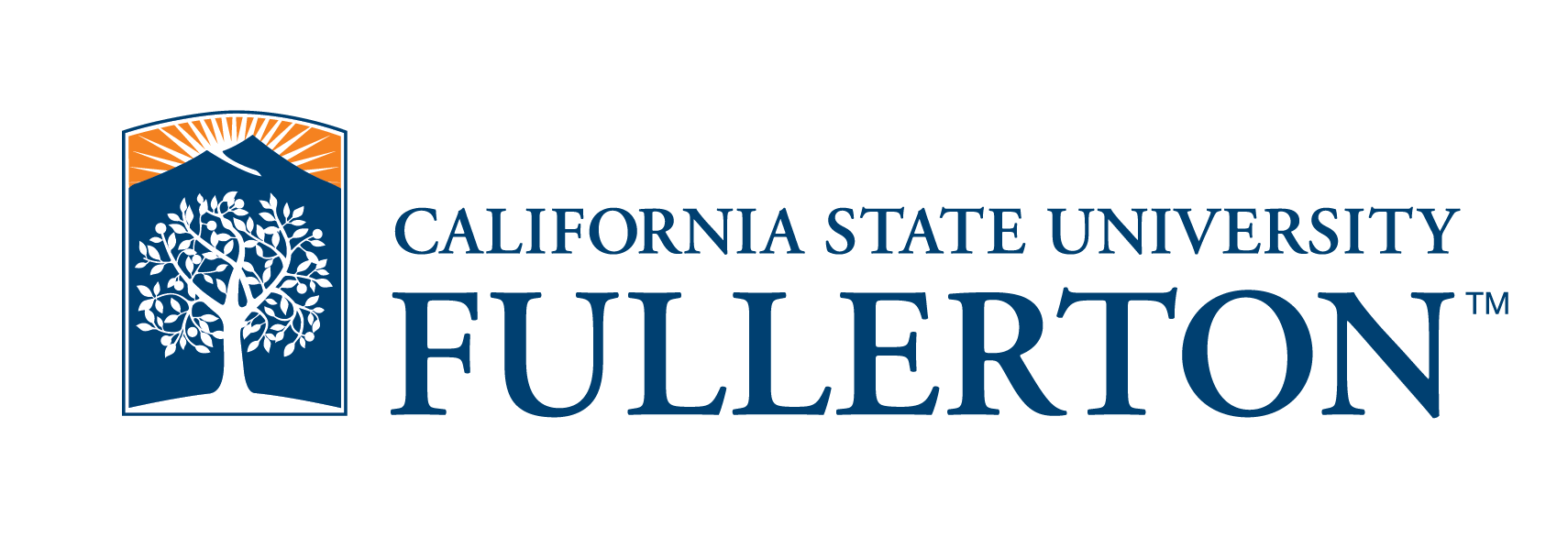California State University, Fullerton: New Science and Math Students Explore What It’s Like to be a STEM Major
Inside a lab in Dan Black Hall, incoming College of Natural Sciences and Mathematics students engaged in three chemical procedures to determine who stole a stuffed Tuffy Titan, Cal State Fullerton’s mascot. Tuffy’s theft appeared to be a senior prank.
The “CSI CSUF: Tuffy Titan Is Missing!” lab experience was part of an interactive, inquiry-based activity at the college’s first-ever Summer STEM Academy. The academy is designed to give incoming math or science majors an immersive introduction to what it is like to be a STEM major.
As part of the academy, students participate in hands-on laboratory experiences taught by faculty members from each of the college’s five departments: biological science, chemistry and biochemistry, geological sciences, mathematics and physics.
For their introduction to chemistry and biochemistry, students were given a baggie with evidence from the crime scene, interview summaries of six possible suspects and worked in groups to decide who is the most likely culprit. Each group presented the evidence and made a case for the person that they think is responsible for taking Tuffy.
In a McCarthy Hall geology lab, students worked in teams to compare the physical properties of unlabeled minerals to discover the characteristics that geologists use to identify them.
Students learned that many of the physical characteristics that they discovered through their inquiry-based investigations, such as degree of shininess (luster) and ability or inability to be scratched by an iron nail (hardness), have official geologic terms.
“The fact that students discovered these characteristics themselves through interactions with the lab’s mineral samples makes them more likely to be able to retain and use this knowledge in the future,” noted Ginny Isava, assistant professor of geological sciences.
Offered in two weeklong sessions for incoming freshmen and community college transfer students, the academy ends Aug. 12.
As these new students make the transition to higher education, in the academy they learn about university and college resources, along with time management and study skills to help ensure their academic and personal success. The students also are being guided by peer mentors who are current STEM majors and Noyce Scholars from the Department of Mathematics.
“These activities are intended to help develop a sense of community and belonging,” said Merri Lynn Casem, chair and professor of biological science, who is directing the academy.
Students Studying STEM
In high school, science was Alena Nguyen’s favorite subject. Now entering college as a Cal State Fullerton incoming freshman, she chose biochemistry as her major with a career goal to become a cosmetic surgeon.
Nguyen admitted she was anxious about the rigor and workload demands of a science major.
But her worries eased after meeting faculty and like-minded peers and conducting lab experiments while attending the Summer STEM Academy’s first session last week.
“I learned a lot about how caring and supportive the college professors are about their students. They put in a lot of effort to try to guide you through the material,” Nguyen said.
“The STEM Academy is enlightening because it helps you determine whether or not you truly want to pursue a STEM major, or if you want to switch majors within the STEM field.”
A grant from the National Science Foundation supports two STEM — science, technology, engineering and mathematics — academies. A second academy is planned for summer 2023.
“The idea is to track the extent to which this type of bridge experience improves student retention in STEM and decreases time to graduation,” Casem said.
Summer STEM Academy students participated in the “CSI CSUF: Tuffy Titan Is Missing!” lab experience, presented by faculty members in the Department of Chemistry and Biochemistry.
While the students already indicate interest in science, they may not be aware of all of the opportunities of a STEM discipline, including authentic research experiences and different career paths, noted Sachel Villafañe, assistant professor of chemistry and biochemistry.
“The STEM Academy gives them exposure to laboratory, computer, fieldwork and critical thinking skills that are inherent in the STEM enterprise,” Villafañe said. “Hopefully, these experiences are exciting for them and translate to interest and motivation, which are very important for students’ confidence, identity and success as a science or math major.”
Having positive, interactive and small-group experiences of doing college science before starting their degree program also helps reinforce their identities as future scientists or mathematicians, Isava shared.
“This experience will hopefully bolster their resilience when they inevitably face obstacles in the future that might otherwise undercut those identities,” Isava added.
The academy is an extension of the college’s “Think Like Einstein” course for first-year math and science students. The course gives new students the opportunity to meet, interact with, and learn from faculty in math and science disciplines outside their specific majors.
“In this way, we hope to give students a broader appreciation of what it means to be a mathematician or a scientist at CSUF, to build friendships between STEM majors, and to foster an interest in math and science beyond a student’s major,” Casem said.

